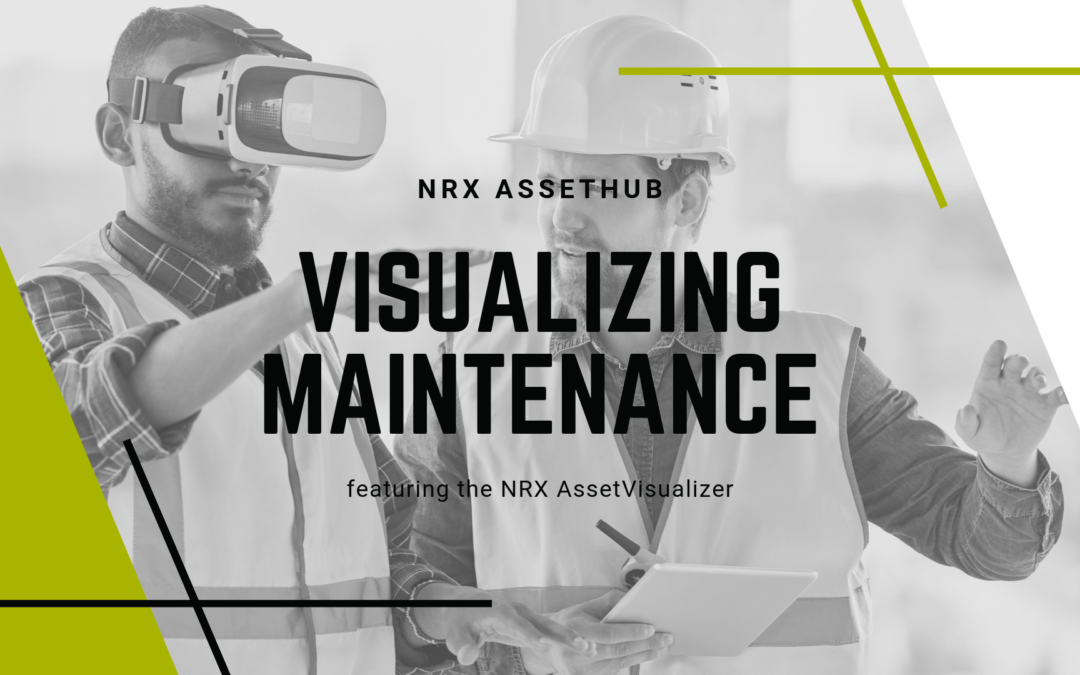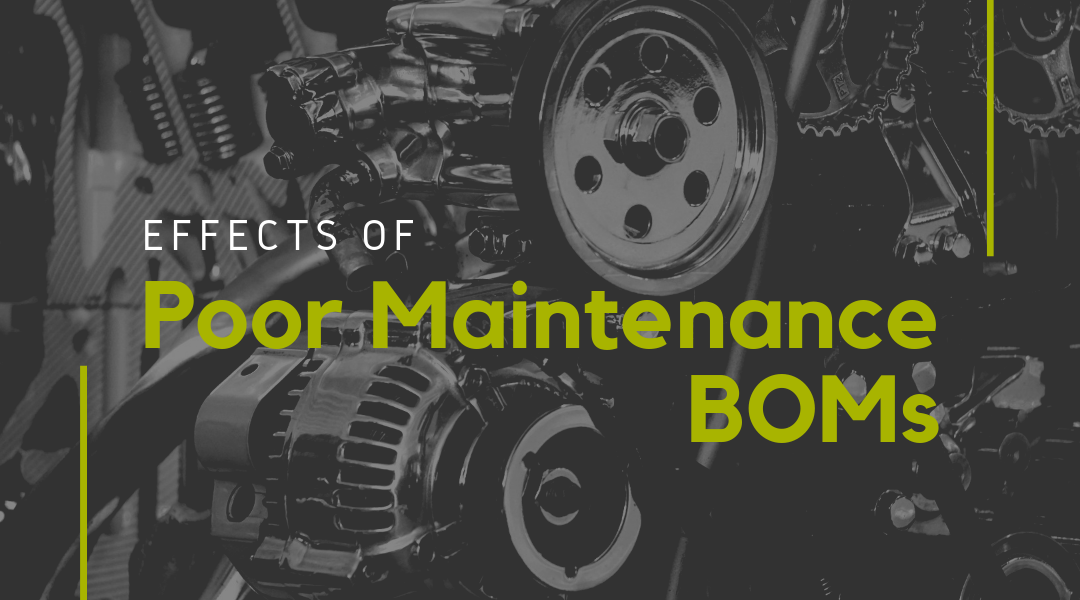
The NRX Blog

Visualizing Maintenance
Find and visualize assets, equipment, and parts faster. Efficiency is important, especially when locating assets or equipment for asset-intensive organizations. Being able to quickly find and visualize your assets is critical. The way your organization...

Benefits of BoMs
Last week we released a blog on the Effects of Poor Maintenance BoMs. To read that blog, click the button below. Just to refresh your memory, poor maintenance BoMs can cause difficulty in identifying correct parts to plan, schedule and complete work...

Effects of Poor Maintenance BOMs
Let’s start with the basics. What is a maintenance BoM (Bill of Material)? In an EAM System, a maintenance BoM captures spare part information for a piece of equipment. This information is used during maintenance to determine the correct spare parts to...

Digitization And Parts Books
Hopefully you’ve all read our series of blogs on digitization, digitalization and digital transformation. I wanted to talk about our NRX Asset Visualizer digital parts book solution as a case study in the digital transformation journey. Parts books have been around a...

Digital Transformation Process Quiz

Digital Transformation Could Solve the Helium Shortage
Helium is a necessary raw material for global industries such as medicine, aerospace and technology. It is expensive to produce, and difficult to extract from natural sources. With rising demand in industry, suppliers of helium are rationing their stock,...

Digital Transformation
Over the last two weeks, we discussed the steps leading up to digital transformation. Digitization, Digitalization and the value it brings to your business. To read those blogs, click the button below. DIGITAL TRANSFORMATION is the last step, which comes...

The Business Value of Digitalization
After reading Tuesday’s blog, you should have a better understanding of what the term Digitalization means and how it differs from Digitization. If you didn’t get to read Tuesday’s blog, click the button below. Referring to the previous blog,...

Digitalization V.S. Digitization
DIGITIZATION and DIGITALIZATION are closely associated. They are often interchangeable but are two very different things. Digitalization is the process of leveraging digitization to improve business processes. Essentially, digitalization means using digitized...

Improving Productivity through Digitization
Years ago, and sometimes still today, business processes were analog. All customer files, manuals, repair handbooks were hard copies. Digitization is the process of converting something from analog to digital form. Digitization is the first step into...
